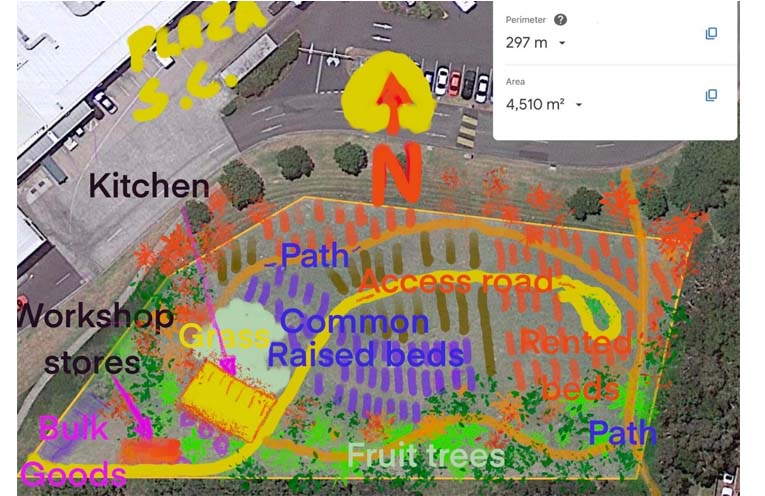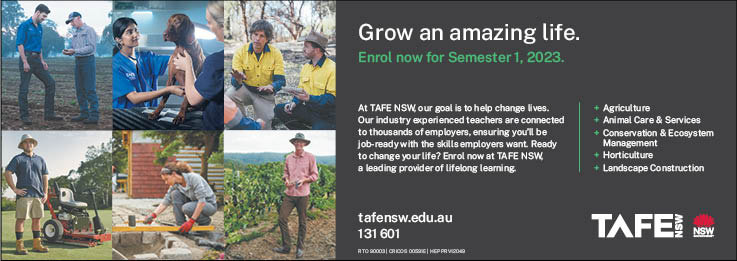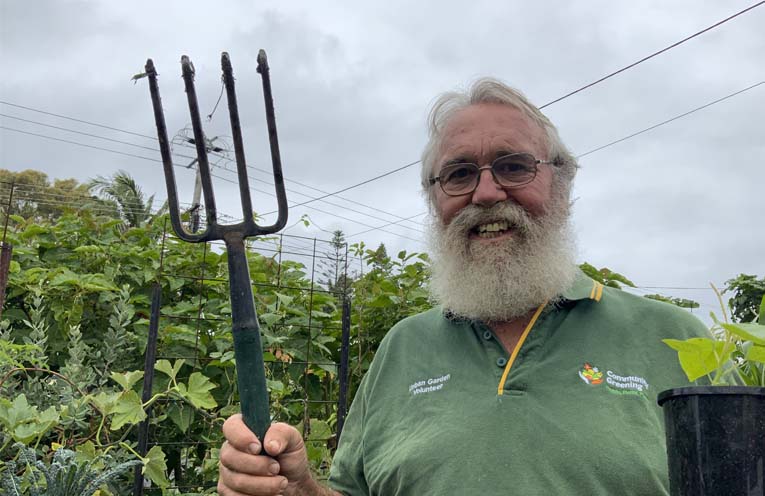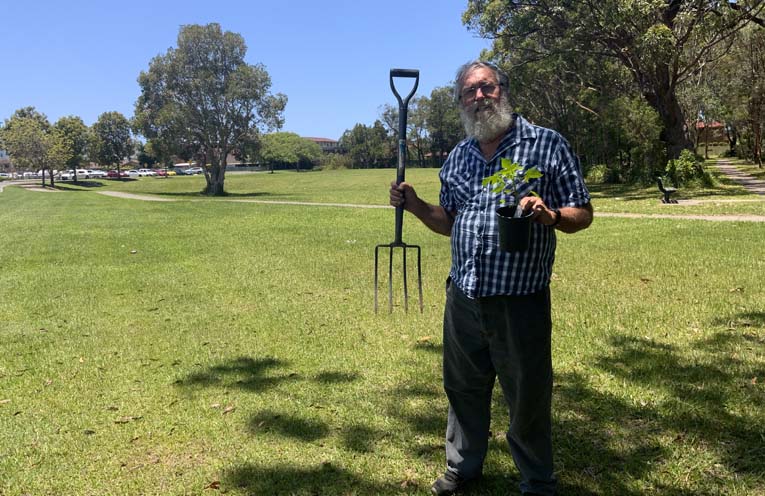
PLANS are afoot to establish a city farm/community garden behind Park Beach Plaza on land owned by City of Coffs Harbour.
A group of interested and committed people who would like to see this idea come to fruition are calling out to the community to come along to a meeting on site to hear about the plans and maybe participate in getting it off the ground.
 Advertise with News of The Area today.
Advertise with News of The Area today.It’s worth it for your business.
Message us.
Phone us – (02) 4981 8882.
Email us – media@newsofthearea.com.au
“We’ve had initial consultation with Council who require a good governance organisation and insurance before giving the go ahead,” spokesperson for the Community Use Permaculture Space (CUPS) working group, Peter Lewis told News Of The Area.
“We have a gathering of interested people on Tuesday 20 December at 4.30pm on the proposed site behind Park Beach Plaza loading docks next to Brian Navin park.
“We’d love to hear from people who have experience in organisation management for setting up the project.
“Gardeners are also welcome,” he said.
The name CUPS is a starting point to identify the founding goals.
“The key is that we’re planning a permacultured design community space, that it has long term sustainability for shared use as a garden and as a meeting hub.”
Here Peter explains the driving forces behind the plan.
“Park Beach has higher density living than the rest of Coffs Harbour.
“That means people often have a balcony or even just a window-ledge to grow a few herbs.
“Park Beach has a high ethnic diversity, with cultural food ingredients not always available.
“Lots of Middle Eastern (Syrian, Turkish, Iranian, Iraqi), African (Nigerian, Burundi, Kenyan), Asian (Myanmar, Vietnamese) and Pacific (PNG, Vanuatu, Tongan) cultural backgrounds make for a great fusion of food cultures.
“Park Beach also has a rich mix of Indigenous locals who offer native bush food knowledge and experience.”
From experience living in the community, Peter says the area is now getting a new socio economic grouping with a history and experience in gardening.
Among the residents are retired farmers and people who have had large private gardens.
People who downsized and still want to get their hands in the dirt.
CUPS will offer the opportunity to get good individual outcomes from a shared gardening space.
“Permaculture uses principles of design to generate multiple beneficial outcomes,” said Peter.
For example, take lemons.
One person might eat one lemon a week, more if they’ve got a cold.
They don’t have the space to put a lemon tree in their yard but in a shared space several varieties of lemon trees could be planted that fruit at different times of the year.
A pergola might be a great place to grow grapes but also a great place to sit in the shade or to keep chickens that eat fallen fruit and like the shade in summer and the openness in winter.
“Permaculture gardening acknowledges the solar aspect that is unchangeable, planting taller trees to the south and shorter and deciduous trees to the east or west.
“Permaculture design attempts to work with nature’s balance rather than rely on short term fixes, e.g. incorporating homes and hideouts for bug eating lizards or birds and providing places for native pollinators such as native stingless bees, butterflies etc to inhabit,” he said.
Calling it a community use space allows individuals to use the area for their needs.
As well as community raised-garden beds, the plan suggests raised permanent beds for lease on an individual semi-permanent basis.
A suitable fee to meet access to water, compost, fencing, security and administrative costs will be charged annually.
“The other reason for the word ‘space’ rather than ‘garden’ is that there are lots of people who are not gardeners.
“The ‘space’ is for cooks, jam makers, beekeepers and people who just love working outdoors with others.”
There’s also ‘space’ for people who love to build or work in the workshop fixing and maintaining equipment.
As a community space it can be used for yoga, meditation, musicians, songwriters, teaching, problem solving and social gatherings.
The three pillars of public and private funding are: what is the CUPS group interested in doing?; what are the needs within the community that CUPS can see”; and where are there funding opportunities to finance solutions/action for those projects?
Interested?
Send an email with your name, contact email and phone number to cups.coffs@gmail.com.
You can include what skills or influences you can bring to the group if you like.
“Don’t be modest,” said Peter.
“In the early days we need good administration rather than good gardening skills.
“To set up we need insurance, incorporation, constitution, legals and design, then grant writing, governance and management.
“If your talents are good governance/management – we especially need you.
“Then we’ll need builders, gardeners, labourers, cooks, poets and dreamers,” he said.
By Andrea FERRARI

